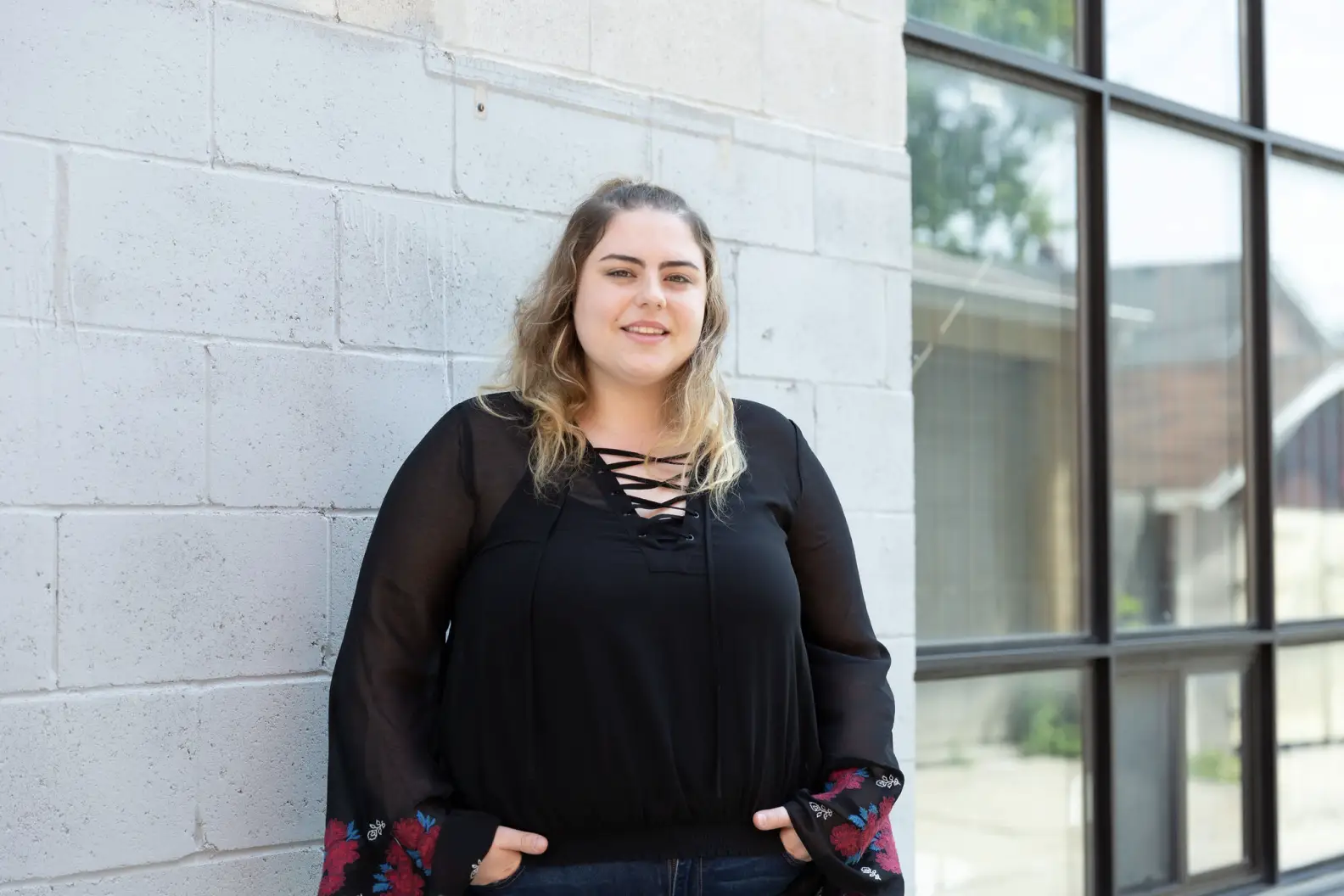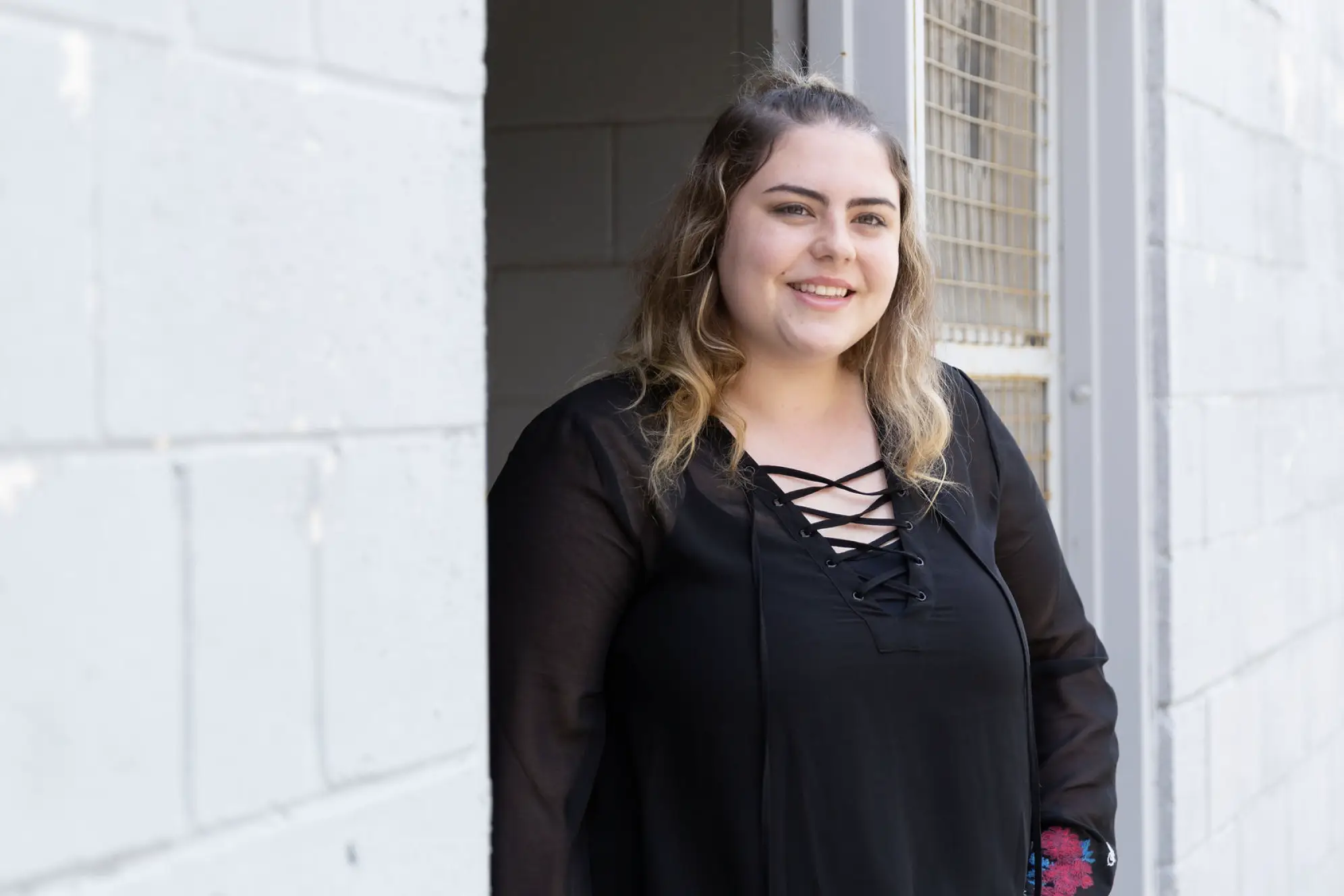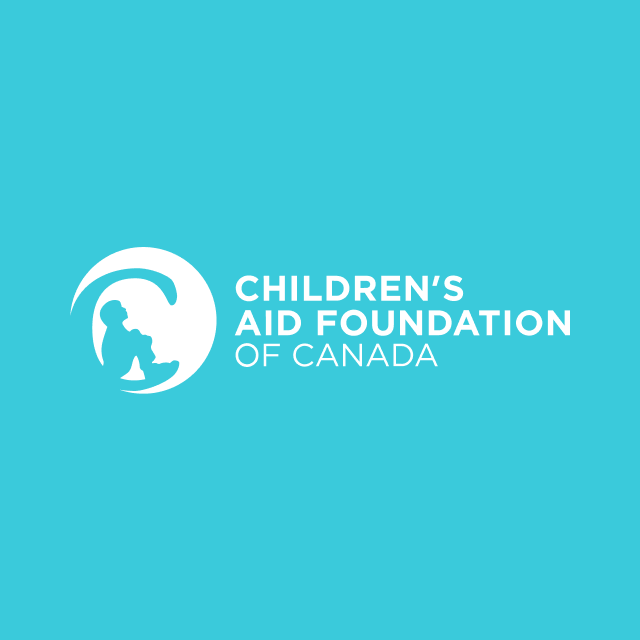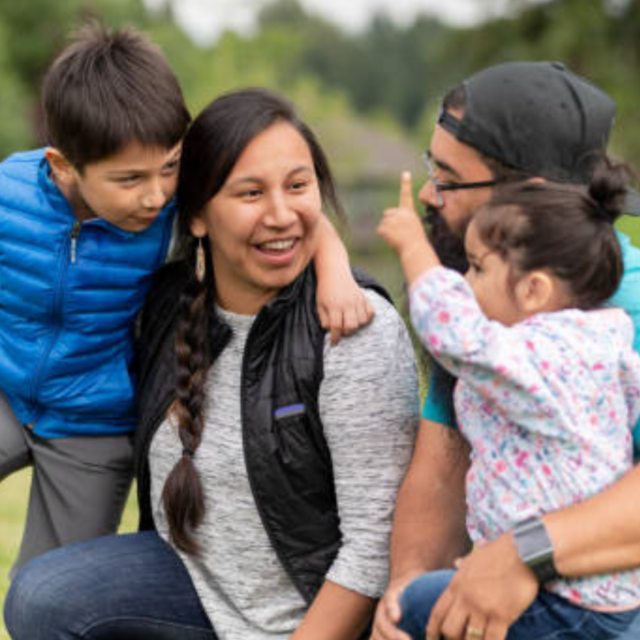SUZIE, 22, is a recipient of Children’s Aid Foundation of Canada scholarships that have helped her pursue a degree with a double major in English and history. She is also a recipient of the TELUS Mobility for Good™ Program, which helps her manage financial stress and allows her to focus on school. She is an active Youth Ambassador with the Foundation and hopes to one day teach English abroad and write a book to tell her own story and help others tell theirs.
*The opinions and views expressed in this article are that of the youth in profile, and not necessarily reflective of the official opinion or position of Children’s Aid Foundation of Canada.
A lot of parents are able to give their kids a little bit of money for school or they’re able to help pay for things, help apply for schools, help them by doing just normal parent things. A lot of times youth in care don’t have that. Getting these scholarships is a way to help youth in care feel normal. It helps them feel like they’re a kid, that they have the same benefits that regular kids do because of this support.
“There was a lot of neglect with my mom and I remember feeling unwanted all the time. I didn’t really know there was another option, I just thought that was the norm. There was a lot of carelessness and untreated depression. My mom would sometimes drive so fast because she didn’t want me in the car, she wanted me out of the car, so she would scare me so badly I had to get out. When we got kicked out of our house she dropped me off at my grandfather’s house. I tried to contact her to ask ‘where are you? Where is my stuff? What is going on?’ and she wasn’t in town, she just left. My grandparents didn’t know where she was. I couldn’t find her.”
“When I was 13 years old, my grandfather lived in a very tiny apartment and there wasn’t really enough space for my brother, my grandmother, and me. I stayed at a friend’s house for a couple of weeks. I never heard from my mom and I ended up graduating grade eight not knowing how long my friend’s parents were going to let me stay at their house. Eventually, I had to go to a different friend’s house and it wasn’t until maybe four or five months later that I was officially involved with the Children’s Aid Society as a Crown Ward. I didn’t really want to acknowledge it, I was like ‘oh it’s not abandonment, she’s going to come back,’ but everyone knew what it really was.”
“My friend’s family officially got involved with Children’s Aid and accepted me into their house as a Crown Ward. I was able to stay in the area I was already in and still be with my friend and her parents, so my experience in care was actually really good for me.”
“I always thought it was my fault because I was the one that didn’t want to sleep on an armchair at grandpa’s house. I wanted to sleep in a bed and to be where we used to live. I kind of considered myself selfish for saying that and I’d blame myself a lot. My biological mom was always calling me annoying, saying ‘stop messaging me, I’ll come back when I come back.’ I just felt like no one wanted to talk to me, that they were mad at me. Coming into care I was really shy because I was nervous that other people would judge me, that they would think it was my fault too.”

“I think I bottled up a lot of emotional trauma and it was really hard to talk to anyone or to open up and enjoy having a family and people that were going to care for me. To overcome it, I think I really had to listen to my foster family and my social worker when they would say ‘look, it’s not your fault, everything that happened, you shouldn’t blame yourself’ and they’d keep repeating it and eventually I believed it. It was a back and forth, I would say it is my fault and they would say no no no, and then I eventually believed it because I saw the difference between what the people who actually cared for me were saying and what the people who didn’t act like they cared for me were saying.”
“I consider my caregivers my family and I still spend holidays with them and visit on some weekends. It didn’t really feel like I transitioned out of care. It’s obviously a little bit difficult because they like to look at baby photos or share home videos with their kids, but they always say ‘you’re our daughter and we want you to come for Christmas, we want you to come camping with us, on trips, come back for weekends if you want.’ They’re family.”
“At first I was a little bit nervous to have friends over and have to say ‘oh this is my foster parent…’ I didn’t want them to look down on me and think ‘oh, okay, you’re one of those kids.’ I began walking home with people from my class. I started to make friends and instead of being scared I would ask if they’d like to come over for a little bit. I felt like if I didn’t treat it as a big deal, then they wouldn’t treat it as a big deal. The kids that I told directly when I invited them over didn’t ask any questions unless I started talking about it first and they were more like ‘okay cool’ instead of ‘wait, where’s your mom and dad?’”
“In high school, I decided to go out for the basketball team. When I found out it was going to cost $250 for the tournaments I got so nervous that I ran out of the tryouts because there was no way I could afford it. I was so anxious about money, I thought I was never going to be able to do any club or go on any trip. I didn’t tell anyone for weeks. I didn’t ask my social worker if we had any funding, I just thought ‘I’m not going to get that.’ Then a couple of weeks later I was talking with my worker and they said ‘we’ve got funding for that.’”
“My worker had told me a couple of times throughout high school that when I did apply for university, there was funding for that too. When I was in my final year of high school and started applying for school she was so excited, saying ‘let me find every scholarship I can,’ and she sent me so many things, saying ‘apply for this one, oh and through this site, and Children’s Aid Foundation of Canada, apply for this one.’ It felt amazing to have my worker be so excited for me. At first, it was overwhelming, but then I realized she was just trying so hard to set me up for an amazing future.”
“The TELUS Mobility for Good™ Program is really good for those of us who are university age. There are a lot of other things I have to worry about on top of a cell phone bill. Knocking that one stress off and knocking the stress of paying for school off with scholarships, it opens up my time so I can focus on my schoolwork and my mental health. I have time to go to therapy or counselling. I have time to relax and not worry about finishing an assignment then going to work for six hours, and knowing I’ve got to pay rent and my cell phone bill and my Internet bill. The support I’ve received has helped everything – physical health, and emotional health. It has given me more time to focus on the good stuff instead of the bad.”
“One of the biggest factors in helping me get to where I am today was the drive that I wanted to be completely different from my mom and my brother. I wanted to be so good, so successful. I wanted to break the cycle. Any time I can, I share my story of how I came into care and what I’m doing now. I talk to my friends or coworkers or classmates about a lot of issues. They’ll share their story and I’ll share mine. If you find like-minded people who want to share support and information, you realize there are people out there who battle with the same things you do.”
Support young people like SUZIE in achieving their full potential.


